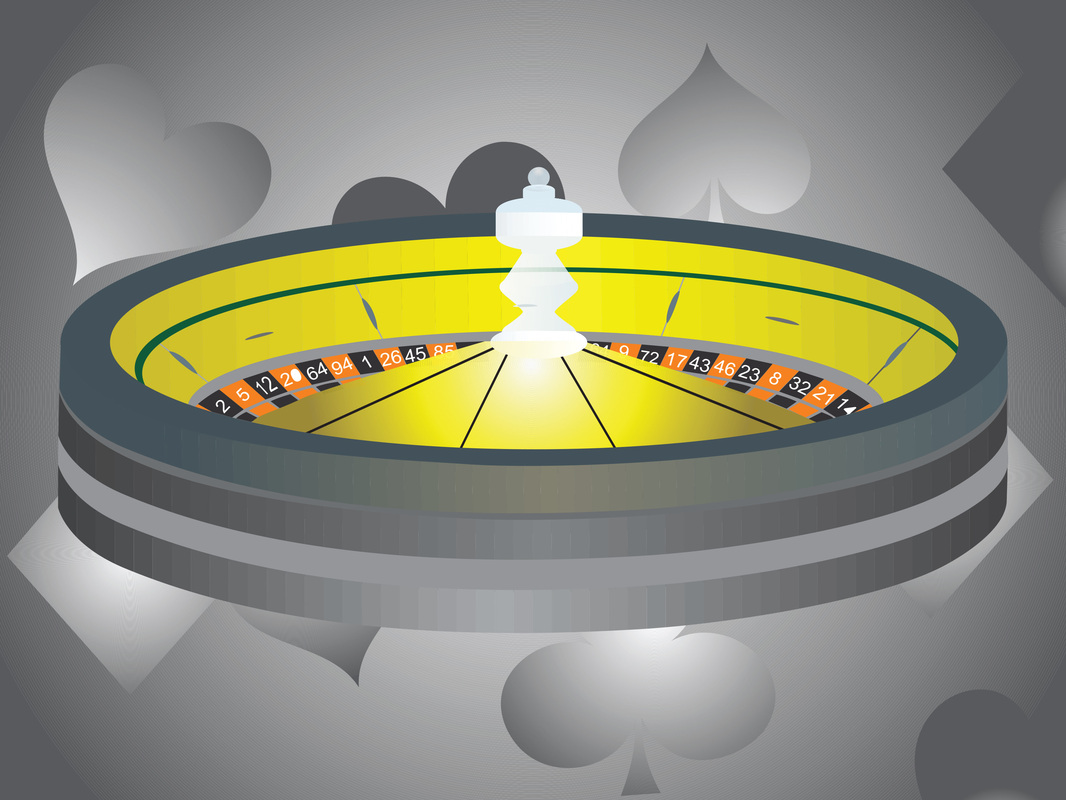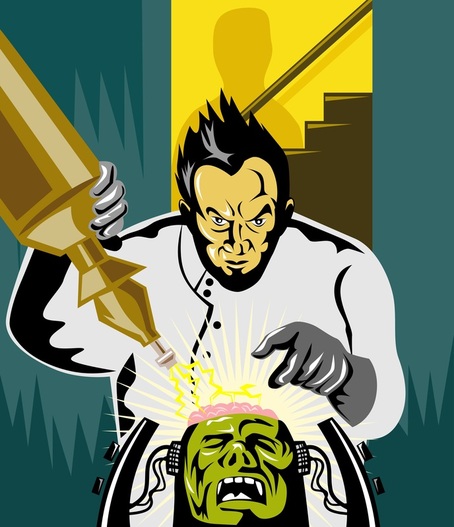See Beneath The Surface
And even guys who DO get over this, once they’re off the market for a while, their skills will go back to zero.
If you’ve ever been in a relationship for a while and then suddenly tried the market, you may have felt WAY out of your league.
Why is this?
One of the reasons is all of the assumptions that guys make about girls. Since guys are hard wired to be attracted primarily to looks, we assume that if she’s cute, then every other part of her is good also.
Which means when we walk over there, we assume that SHE already passes our “tests” and it’s completely up to us to pass her tests.
This is enough to give ANYBODY the jitters, no matter WHAT it is your doing.
Luckily, the part about her looks being “good enough” is absolutely false.
And here’s a way to prove it to yourself, AND get over your approach anxiety faster than you ever could just by pushing through them.
This will take some time, but you’ll be gaining an EXTRAORDINARY amount of experience, AND decreasing your levels of anxiety significantly.
Here’s what you do.
First, come up with some deal breakers. Either pure red flags, (according to you, nobody else) or things you’d rather she didn’t have.
This must be personality traits, habits, beliefs, things that will take a little bit of conversation to get to.
Smoking, a certain religion or political affiliation, cat person (or dog person) anything that you don’t imagine your “Dream Girl” of having.
Then, simply talk to girls LONG ENOUGH to disqualify them. Don’t get ANY numbers.
After you go through ten or twenty girls, you’ll have a sudden burst of realization.
That there’s MUCH more to girls than just their looks.
And that will absolutely DESTROY any feelings of “she’s perfect and I must qualify myself to her.”
ALL without getting any rejection.
Now, it’s important to have a friendly attitude while doing this. Don’t get angry, don’t put them down (out loud or in your mind). Just talk to them long enough until you get a red flag.
Then simply disqualify them IN YOUR MIND, politely end the conversation, and walk away.
Once you leave the mindset of the desperate beggar, and enter the mindset of the sorter, it will get much, much easier.







